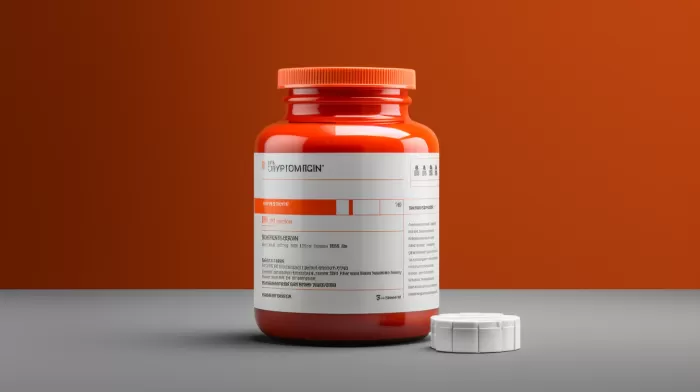A massive bureaucratic structure overseen by the Food and Drug Administration (FDA) is in place to ensure the approval of prescription medications is both safe and effective. However, a study conducted at Yale analyzing this approval system suggests that the reality is far from convincing. Doctors and their patients generally trust the FDA to extensively scrutinize the drugs they approve. Nevertheless, the study shows that many prescription pharmaceuticals reach the market with limited knowledge of their safety and efficacy.
The researchers studied the clinical trials the FDA used as a basis for drug approval between 2005 and 2012. They found that over a third of these drugs were approved based on a single trial with no replication. Furthermore, some of these trials were small, conducted over a short period, and focused on surrogate metrics rather than clinical endpoints like death and disease progression. Researcher Nicholas S. Downing explains, “[…] many other trials were […] focused on lab values, or some other surrogate metric of effect, rather than clinical endpoints like death.”
Not all clinical trials are created equal, and the Yale team discovered that some of the FDA-approved drugs were well-supported by large, high-quality trials, while others were based on small or limited trials. “There was a lack of uniformity in the level of evidence the FDA used,” says researcher Joseph Ross.
Among the most concerning consequences of this lack of consistent evaluation are that unproven drugs are often given FDA approval and may be prescribed to patients. There is a significant possibility that you or someone you know is taking one of these drugs at this very moment. Additionally, FDA-approved medications occasionally replace older drugs that are more effective, safer, and associated with fewer side effects.
Researchers found that only 40% of drug approvals involved a clinical trial comparing the new drug to existing treatment options. This is significant in determining whether the new drug is genuinely a better alternative to established medications. Ross explains the importance of these comparative trials: “This is an important step for determining whether the new drug is a better option than existing, older drugs.”
The next time someone tries to warn you about the regulations behind vitamin and mineral supplements, make sure they are aware of the approval process of “proven” prescription drugs. Over 106,000 people die from prescription medicine reactions each year – about 2,000 fatalities per week. In contrast, the number of people who die each year from taking a vitamin or mineral supplement remains incredibly low. For example, in 2013, not a single person died from supplement usage.
It is essential to educate yourself and others about the drugs prescribed by doctors to ensure that you are receiving the most effective and safest treatment. Relying on FDA approval is not a guarantee of drug safety or efficacy. Instead, it’s crucial to conduct your research and take responsibility for your well-being by seeking additional opinions and considering alternatives to prescription medications.



